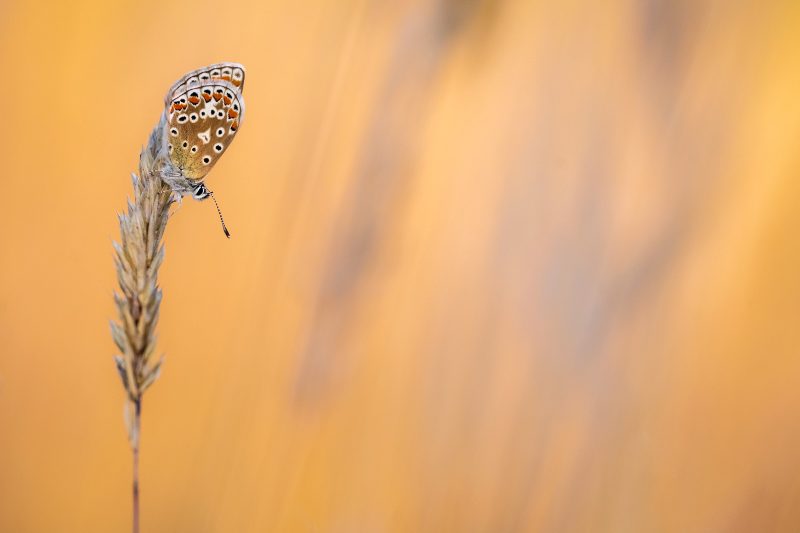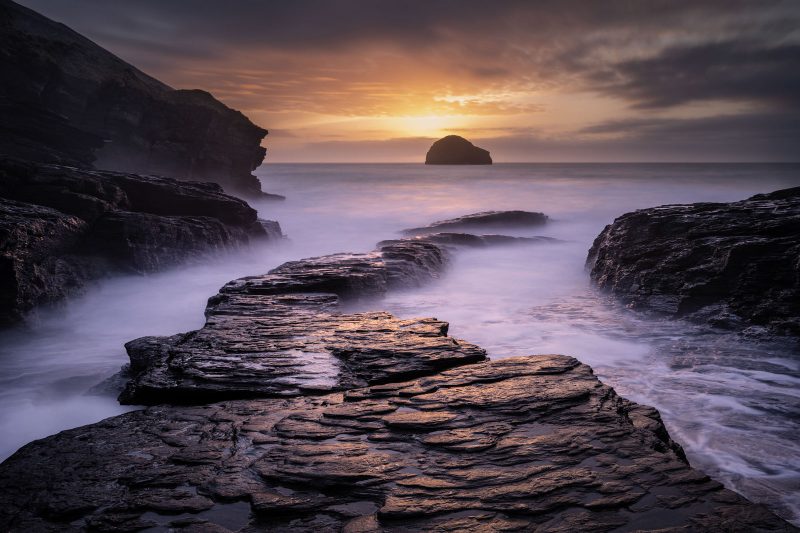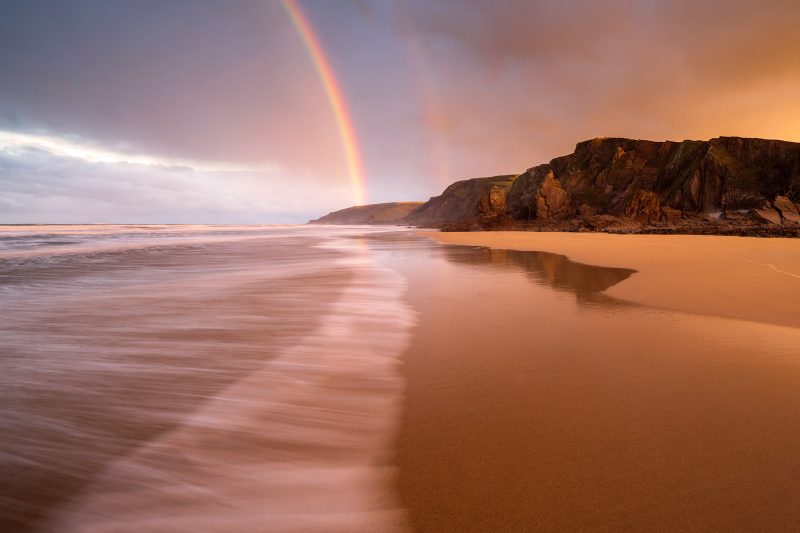How to Avoid Burnout in Nature Photography

Burnout (noun), according to the Oxford dictionary, refers to ’emotional exhaustion in which interest in work, personal achievement, and efficiency decline sharply and the sufferer is no longer capable of making decisions.’
Let me be brutally honest – I’m not sure I’m the right guy to write this feature. How can I possibly provide you sound advice on avoiding burnout and photo fatigue when I struggle (almost daily) to achieve a healthy balance myself? Hopefully, though, my experiences may provide some tips to help prevent burnout.
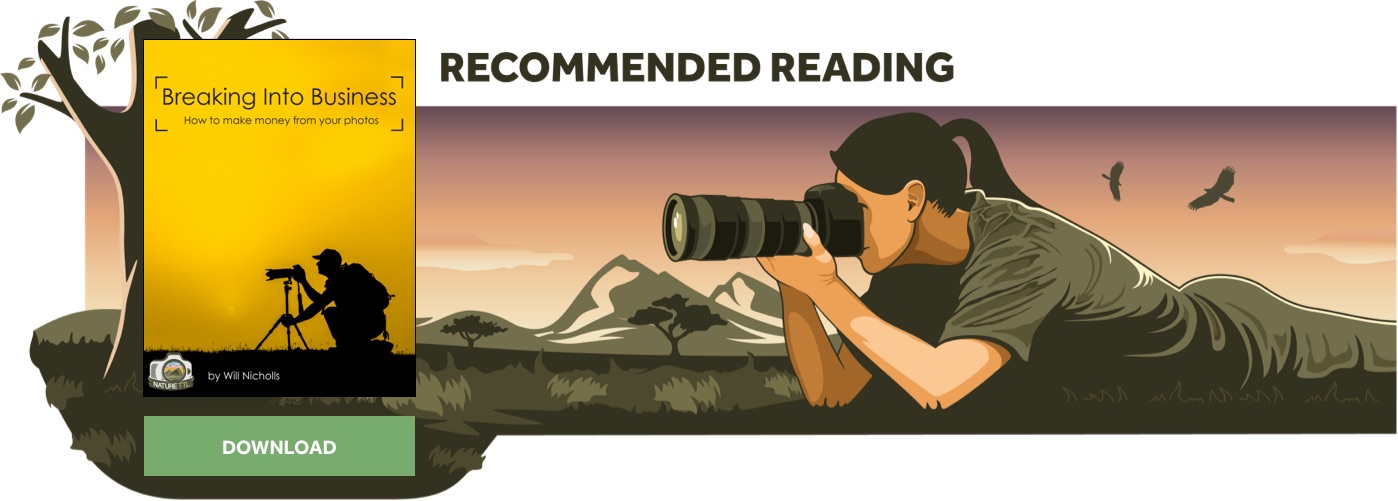
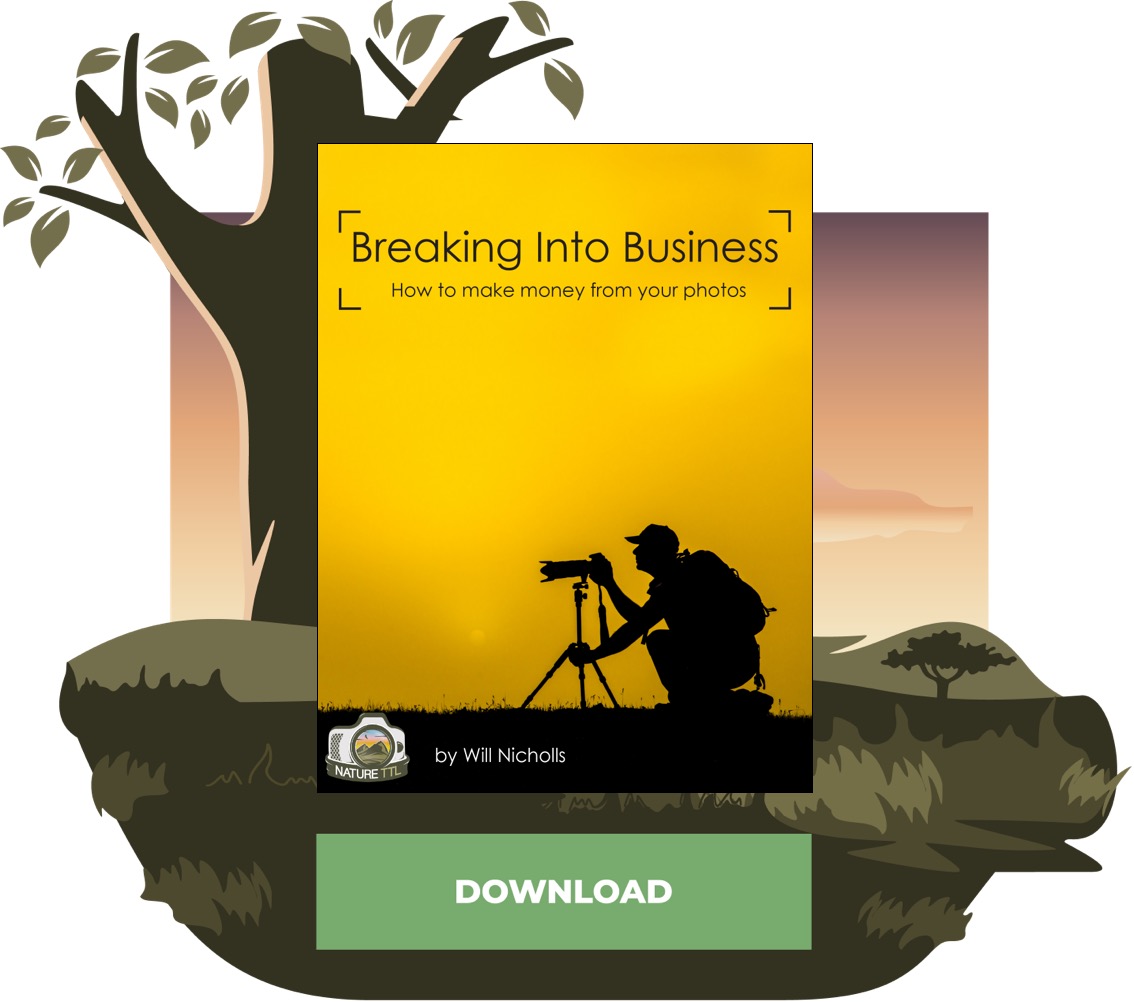
So what exactly do I mean by ‘photography burnout’? The signs can be many and varied, but signs that you could be struggling with photography burnout include feelings of negativity toward your own images, frustration, ineffectiveness, and emotional detachment from the picture-taking process. Of course, this can be summarised as a general loss of enjoyment in the activity.
I have an almost lifelong love of photography. I first picked up a camera at 9 years old, and I’ve never been too far from one since. I effectively turned professional in my late teens; I’ve never had a proper job, a job interview, or been employed by someone!
Photography is all I’ve known, and I’m hugely grateful for its opportunities and my career. However, that doesn’t mean I have always felt content, motivated, creative, and focused (no pun intended)!
I’m forever being told how lucky I am to make money from something I enjoy doing – which is correct. That’s not to say I always find it easy. Let’s face it, unfortunately doing what you love doesn’t protect you from feeling pressure, negativity, and exhaustion.
If any of this sound familiar, maybe I can help…
Social media
Although I’m writing this as a professional, I think all photographers, regardless of whether you are an enthusiast or a pro, are susceptible to burnout.
In many ways, being a photographer is both easier and harder than it has ever been before. Technology has made it much easier to be innovative and capture the images you visualise. Meanwhile, social media gives everyone an equal platform to share and showcase their talents, get noticed, and grow a following of other photographers and potential clients.
On the flip side, social media is often to blame for the despondency and burnout that so many of us regularly feel.
Why is this? Well, today we are exposed to so many images that, to some degree, we are growing increasingly immune to their impact and brilliance. Or, depending on our mood, we can feel so overwhelmed by their quality that we grow despondent and overly critical about our own work.
I once read some great advice that creative people (that’s us!) should never look at anyone else’s work before we have had an opportunity to be creative that day. It makes sense, doesn’t it? You don’t want to be affected or influenced by others until you’ve had time to focus on your own photography and development.
However, most of us are in the habit of reaching for our phones and scrolling through Facebook, Instagram, or Vero before we’ve even tucked into breakfast. Although being bombarded by other people’s photographs can be inspirational to some degree, it often has the opposite effect, leading to feelings of inadequacy instead.
Do you relate to this? If so, my first bit of advice for you is to carefully manage how you use social media.
Use it for inspiration, but don’t get saturated by the waves of photography content on it and drown.
Remember to relax and enjoy
Burnout can take different forms – affecting both physical and mental health. Yes, life can be stressful at times and the last couple of Covid-affected years have been tough for many. It is important to remember that photography is meant to be fun and provide an escape from some of life’s unavoidable stresses.
Therefore, unless you are taking photos to pay the bills, remind yourself that this is your recreation and a creative outlet. It shouldn’t be a chore! Outdoor photography provides motivation to visit and explore awe-inspiring places and see beautiful things.
It should be a positive pursuit, both physically and for our mental well-being. You might feel immense frustration at times – particularly when the weather or your subject doesn’t play ball – but you shouldn’t ever feel anxious.
If you do, something has to change.
Take a short break from your camera. Doing so should help remind you of how much you enjoy the process of taking photos and you’ll return feeling refreshed and motivated.
Artificial pressure
So much of the pressure we feel as photographers is self-inflicted.
We often set high standards for ourselves; that desire to improve and take better photographs can be destructive if we don’t manage it carefully. Many photographers today (myself included) put pressure on themselves to take better images to satisfy the desire for praise, rather than for self-fulfilment.
This can take various forms, but typically we are hoping for lots of likes and comments on social media, or success in photo competitions. These things are very seductive, but they can create artificial pressure.
The big question is, why do we crave reassurance? In my opinion, it is because many creative people are riddled with insecurities about the quality of their work. I can’t speak for you, but I know I often feel self-doubt and can make unrealistic comparisons with other photographers.
We tend to see the faults in our shots, but not always in other people’s images, which can be exhausting. Again, we must learn to manage these tendencies otherwise we will feel deterred from taking photos, rather than motivated to improve and evolve.
While it is always nice to get the approval and praise of others, remind yourself that photography is all about taking photos you enjoy capturing. We need to remain focused on taking shots that satisfy us, not friends, followers, the RPS, or camera club judges!
Recognition is just the icing on the cake – it shouldn’t be the sole aim. If it is, we risk our images becoming predictable and soulless.
Overexposure
Burnout can also occur from overexposure (again, excuse the pun) to photography.
When you first discover photography – or any new hobby for that matter – your enthusiasm is naturally sky-high. You want to be out with your camera all the time and make the most of every opportunity.
Life can start to revolve around your photographic work (which can also have an impact on friends and family), and you may begin to grow tired from all of the unsociably early starts and late finishes that are a vital part of nature photography.
It is obviously impossible to maintain that level of consistency and improvement. Your progress will plateau at some point and, realistically, your steps of development become smaller and more incremental.
This can feel frustrating, and some enthusiasts mistakenly think they are no longer improving or developing. As a result, they lose interest and move on to something else.
But photography – or any art form – is very much a long-term investment.
It’s a never-ending journey of development. Yes, it can be frustrating at times, but it is just part of the process. Learn to take the rough with the smooth. You can’t force creativity, just recognise that you will go through stages where your enthusiasm (and creative development) ebbs and flows.
Let’s not forget that photography can be physically tiring too. Outdoor photographers are often carrying heavy kits for long hikes. Combined with a reduction in sleep, our physical exertions can lead to a lack of energy and enthusiasm.
Give yourself a break from time to time and try not to suffer too much from ‘FOMO’ – often intensified by seeing what others are doing on social media.
If you lose your photo mojo, don’t panic, or give up – be patient with yourself. Here are some other things to try:
- Spark your creativity by visiting somewhere new to get those creative juices flowing again.
- Attend a workshop or photo holiday with a tutor who inspires you.
- Try new techniques.
- Learn to print your images – it can be a very satisfying experience to be able to hold your work in your hand or see it up on a wall.
- Try focussing on a single project.
- Consider simplifying your process – head out with your camera and only one lens, or even just use your camera phone. Doing so will help you get back to basics and force you to concentrate on light, composition, and creativity. Always trust your instincts.
Most importantly, try to emphasise fun and learning. The happier you are, the easier you will find the entire process. Crucially, try not to overthink things – this is often the cause of some of the issues in the first place.
In conclusion
Unfortunately, I don’t have all the answers. If I did, I wouldn’t go through stages of feeling frustrated and burnt out myself. I do now recognise the signs and try to focus on my own photography, enjoyment, and personal journey, rather than getting distracted and affected by what others are doing.
If you are struggling, ask yourself why you are taking the photos you are taking – don’t simply shoot for the sake of it. To take great shots you need to feel connected, excited, and passionate about the subject – remember that.
Don’t worry about putting your camera down for a bit to recharge, it will be waiting for you when you get back. Just don’t give in to those negative feelings and come back feeling stronger, more innovative, and enthusiastic than ever before.
Always be kind to yourself… now all I need to do is apply this advice to my photography!





